Testosterone, a crucial hormone primarily associated with male development and reproductive functions, plays a significant role in various physiological processes. Testosterone levels naturally decline with age, leading to a range of symptoms that can impact quality of life. Testosterone Replacement Therapy (TRT) is a medical intervention designed to address low testosterone levels and alleviate associated symptoms. In this comprehensive guide, we will explore the intricacies of Testosterone Replacement Therapy, its benefits, considerations, and potential risks.
Also Read: Anabolic Steroids: Uses, Benefits,& Its Dark Truth!
Understanding Testosterone and Its Functions
Testosterone is the primary male sex hormone responsible for the development of male reproductive tissues and the maintenance of male characteristics. This crucial hormone is produced in the testicles and, to a lesser extent, in the adrenal glands.

Testosterone is crucial for the development of secondary sexual characteristics such as facial hair, deepening of the voice, and muscle mass. Supporting the production of sperm, contributing bone density & strength, playing an important role in sexual desire & erectile function and influencing mood as well as overall well-being are some of the other primary functions of this hormone.
Causes of Low Testosterone
Testosterone levels naturally decline with age, with a more significant decrease observed after the age of 30 but certain medical conditions, such as hypogonadism (testicular failure), injury to the testicles, and chronic illnesses, can also lead to low testosterone. In addition, obesity, excessive alcohol consumption, and chronic stress can contribute to low testosterone levels.
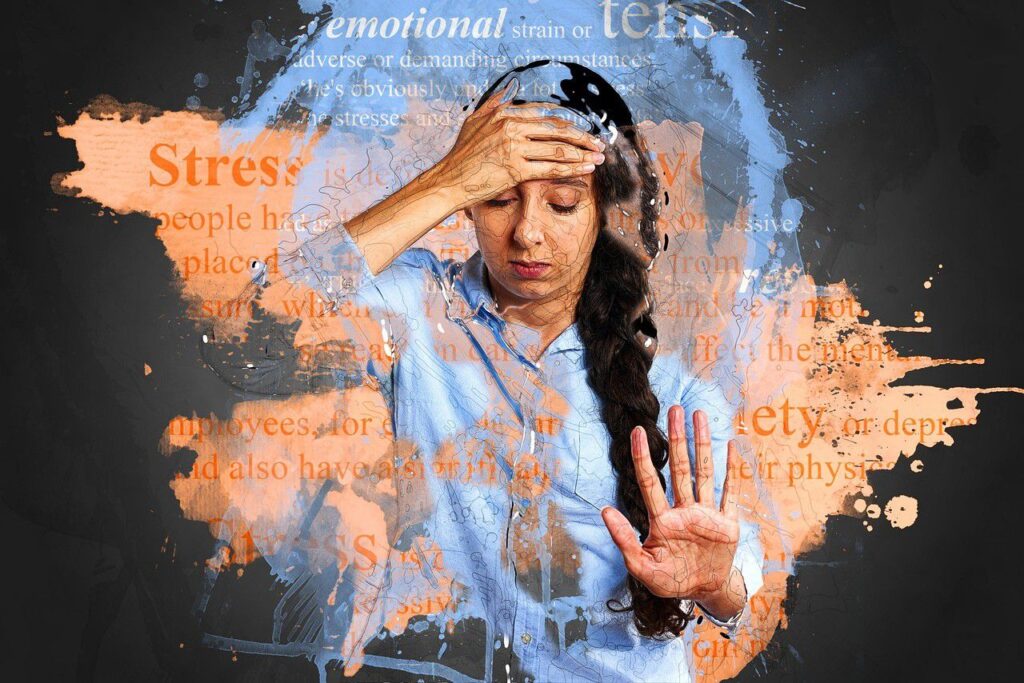
Don’t MIss:12 Best Foods to Boost Testosterone in Your Body Naturally!
Symptoms of Low Testosterone
- Fatigue and Reduced Energy: Low testosterone levels can lead to fatigue and decreased energy levels.
- Decreased Libido: A decline in sexual desire is a common symptom of low testosterone.
- Erectile Dysfunction: Testosterone plays a role in erectile function, and low levels may contribute to difficulties in achieving or maintaining erections.
- Loss of Muscle Mass: Reduced testosterone levels can lead to a decrease in muscle mass.
- Mood Changes: Low testosterone may be associated with irritability, mood swings, and feelings of depression.
- Reduced Bone Density: Testosterone helps maintain bone density, and low levels may contribute to bone loss.
Introduction to Testosterone Replacement Therapy (TRT)
TRT is designed to supplement or replace naturally occurring testosterone in individuals with clinically diagnosed low testosterone levels. The primary goal of Testosterone Replacement Therapy is to alleviate symptoms associated with low testosterone and improve overall well-being. So, it’s surely not a natural process and if you want to boost your testosterone levels naturally then here you can learn the ways.

Forms of TRT
- Intramuscular Injections: Testosterone can be administered via intramuscular injections, typically given every one to two weeks.
- Topical Gels and Patches: Topical formulations, such as gels and patches, allow for transdermal absorption of testosterone.
- Pellets: Testosterone pellets, inserted under the skin, provide a slow, continuous release of the hormone over several months.
Benefits of Testosterone Replacement Therapy
Increased Energy Levels and Vitality
One of the primary benefits of TRT is the alleviation of symptoms associated with low testosterone levels, including fatigue and reduced energy. Many individuals undergoing Testosterone Replacement Therapy report a notable increase in vitality, which can enhance overall quality of life.
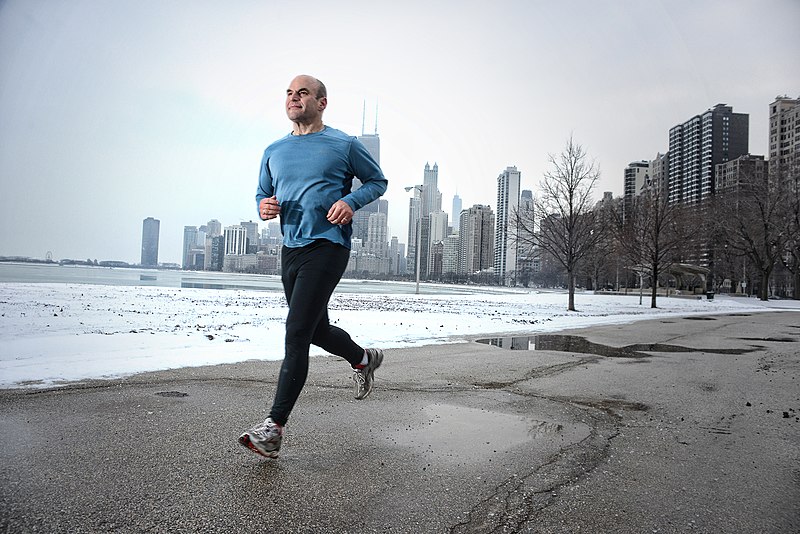
Testosterone is intricately linked to muscle development and strength. With TRT, individuals experience improvements in physical performance, making activities of daily living and exercise more manageable and enjoyable.
Enhanced Sexual Function
Testosterone is a key player in sexual desire. Low testosterone levels can contribute to a decrease in libido, which TRT aims to address. Individuals often report an increase in sexual desire and overall satisfaction with restored testosterone levels. Erectile dysfunction is a common concern associated with low testosterone. TRT leads to improvements in erectile function, enhancing the ability to achieve and maintain erections.
Preservation of Muscle Mass and Strength
Testosterone has an anabolic effect, promoting the development and maintenance of lean muscle mass. TRT can help prevent the loss of muscle tissue associated with aging or low testosterone levels. Beyond preserving muscle mass, TRT may contribute to increased muscle strength, allowing individuals to engage in physical activities with greater ease.

Bone Health and Increased Bone Density
Testosterone is crucial for bone health, and low levels can contribute to a decline in bone density. Testosterone Replacement Therapy helps maintain or increase bone density, reducing the risk of fractures and promoting skeletal health. By positively influencing bone mineralization, TRT may play a role in reducing the risk of osteoporosis, a condition characterized by brittle and fragile bones.
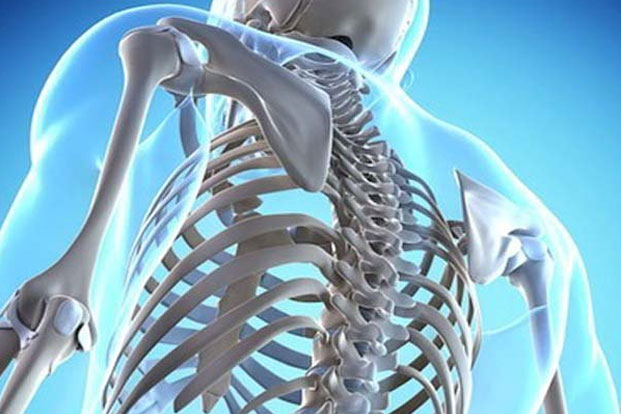
Mood Stability and Cognitive Function
Testosterone influences mood regulation, and low levels have been linked to irritability, mood swings, and feelings of depression. TRT may contribute to improvements in mood stability and overall emotional well-being.
Some studies suggest a connection between testosterone levels and cognitive function. While more research is needed, TRT is being explored for its potential positive impact on memory, concentration, and overall cognitive health.
Optimizing Body Composition
Testosterone plays a role in metabolism and fat distribution. TRT may contribute to a reduction in body fat, particularly in the abdominal region, leading to positive changes in body composition. Moreover, supporting the development and preservation of lean muscle mass, TRT can contribute to an increase in overall lean body mass, further enhancing physical appearance.
Cardiovascular Health
The impact of Testosterone Replacement Therapy on cardiovascular health is an area of ongoing research with mixed findings. While some studies suggest potential cardiovascular benefits, others emphasize the need for careful monitoring, especially in individuals with pre-existing cardiovascular conditions.
TRT may positively influence cardiovascular risk factors, including improving lipid profiles and insulin sensitivity. However, individual assessments are crucial to determine the appropriateness of TRT for cardiovascular health.
Considerations and Potential Risks
Cardiovascular Risks
As we have already mentioned, the relationship between TRT and cardiovascular health is a subject of ongoing research, and findings have been mixed. Some studies suggest potential cardiovascular benefits, while others raise concerns about adverse effects. Some individuals undergoing TRT may experience a mild increase in blood pressure. Monitoring blood pressure regularly is essential, particularly for those with pre-existing cardiovascular conditions.

Furthermore, Testosterone Replacement Therapy can influence lipid metabolism. While some studies indicate positive effects on lipid profiles, others suggest potential alterations, including changes in cholesterol levels. That’s why, cardiovascular risk factors should be thoroughly assessed before initiating TRT. Individuals with a history of heart disease or stroke may require careful consideration and monitoring.
Erythrocytosis (Increased Red Blood Cell Production)
Testosterone can stimulate the production of red blood cells in the bone marrow, leading to a condition known as erythrocytosis. Elevated red blood cell levels can contribute to thicker blood, potentially increasing the risk of blood clots. Regular monitoring of complete blood counts is essential to identify and manage erythrocytosis.
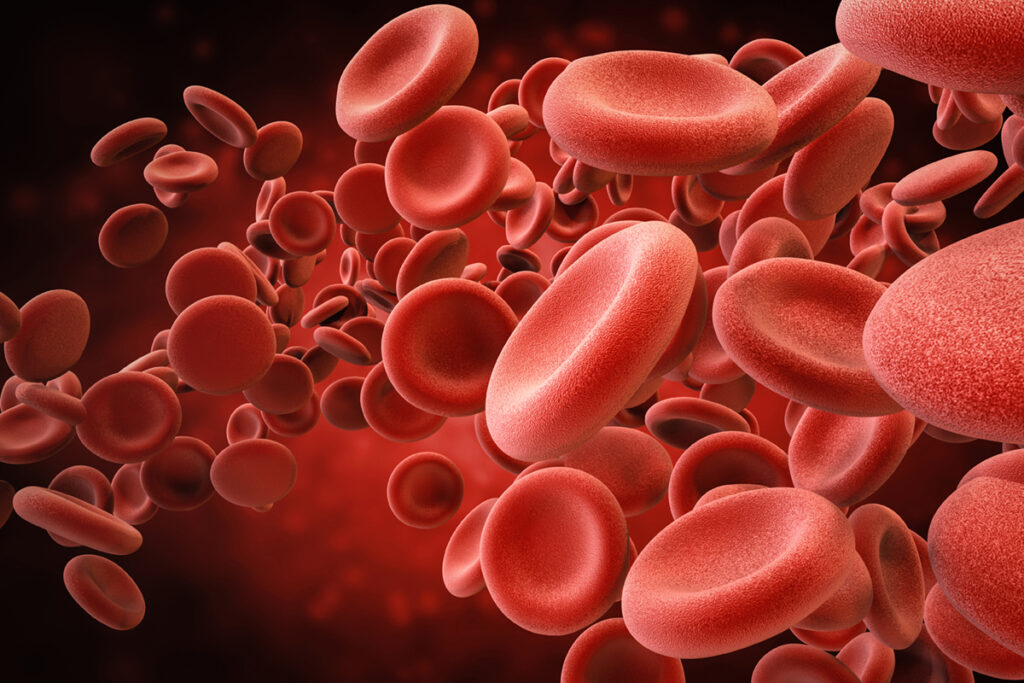
In cases where erythrocytosis becomes problematic, adjustments to the TRT regimen or therapeutic phlebotomy (removing blood to reduce red blood cell levels) may be considered.
Fertility Implications
TRT can suppress the body’s natural production of testosterone, leading to a reduction in sperm production. This has implications for fertility. Long-term TRT may result in a reduction in testicular size due to decreased endogenous testosterone production. While this is generally a cosmetic concern, it can also signal suppressed sperm production.
For individuals concerned about fertility, alternative treatments such as human chorionic gonadotropin (hCG) or selective estrogen receptor modulators (SERMs) may be explored alongside or instead of Testosterone Replacement Therapy to maintain or stimulate sperm production.
Skin Reactions (Topical Formulations)
TRT is often administered through topical gels or patches that deliver testosterone through the skin. Some individuals may experience skin reactions at the application site, such as redness, itching, or irritation.
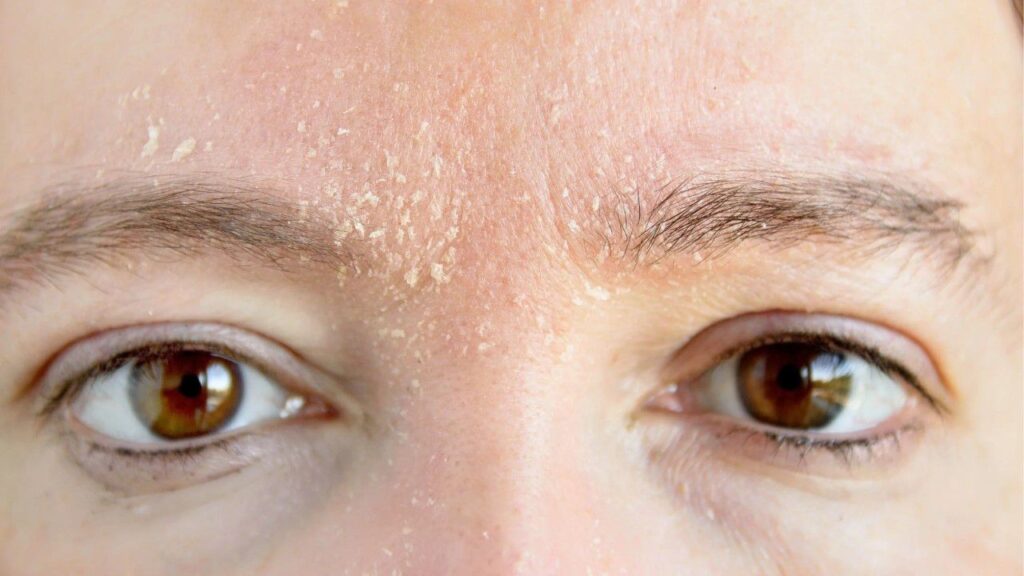
Ensuring proper application and rotating application sites can help mitigate these issues. For those who find topical formulations problematic, alternative TRT formulations like intramuscular injections or testosterone pellets may be considered.
Psychological Impact
While TRT can contribute to improved mood and emotional well-being, some individuals may experience mood swings or irritability, especially during the initial phases of treatment.
Monitoring psychological well-being and discussing any significant mood changes with healthcare providers is crucial. Adjustments to TRT regimens or additional support may be considered if necessary.
Prostate Health Concerns
There is a theoretical concern that Testosterone Replacement Therapy could exacerbate existing prostate conditions or contribute to the development of prostate issues. Individuals with a history of prostate conditions should undergo regular monitoring, including prostate-specific antigen (PSA) tests, to assess prostate health during TRT.

Open communication with healthcare providers is essential to evaluate individual risk factors and determine the appropriateness of TRT for those with concerns about prostate health.
Sleep Apnea and Respiratory Concerns
Some studies suggest a potential link between TRT and the exacerbation of sleep apnea, a condition characterized by interrupted breathing during sleep. Individuals with a history of sleep apnea or respiratory issues should be monitored closely during TRT. Assessment and adjustments to treatment plans may be necessary if respiratory concerns arise.
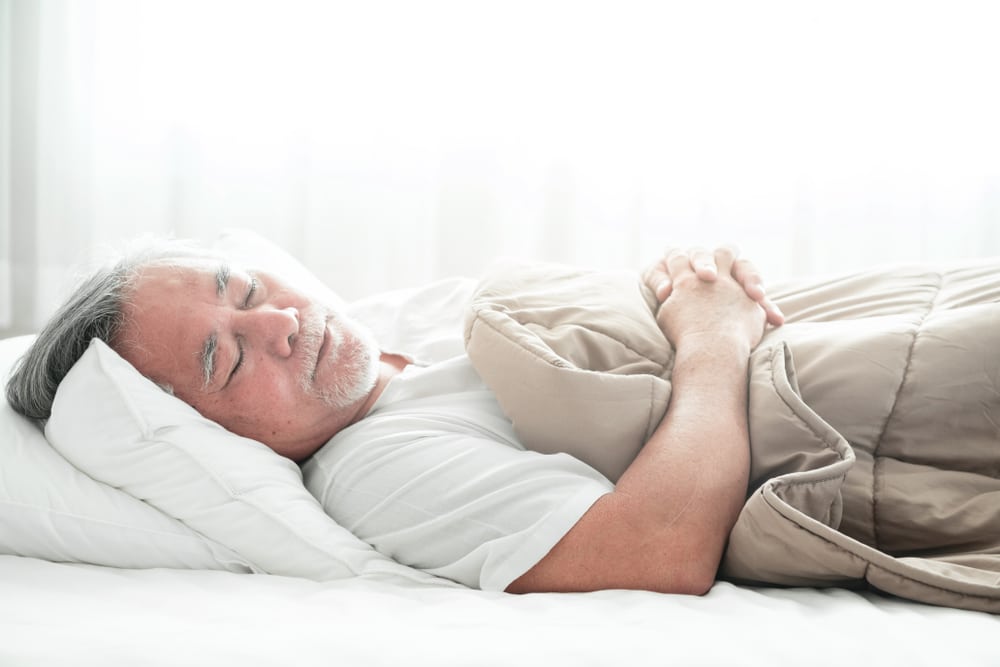
Polycythemia
Polycythemia is an increase in the number of red blood cells, which can occur as a result of TRT-induced erythrocytosis. Symptoms may include fatigue, headache, and visual disturbances. If polycythemia is diagnosed, adjustments to TRT or therapeutic phlebotomy may be necessary. Routine blood tests are critical to detect and manage polycythemia promptly.
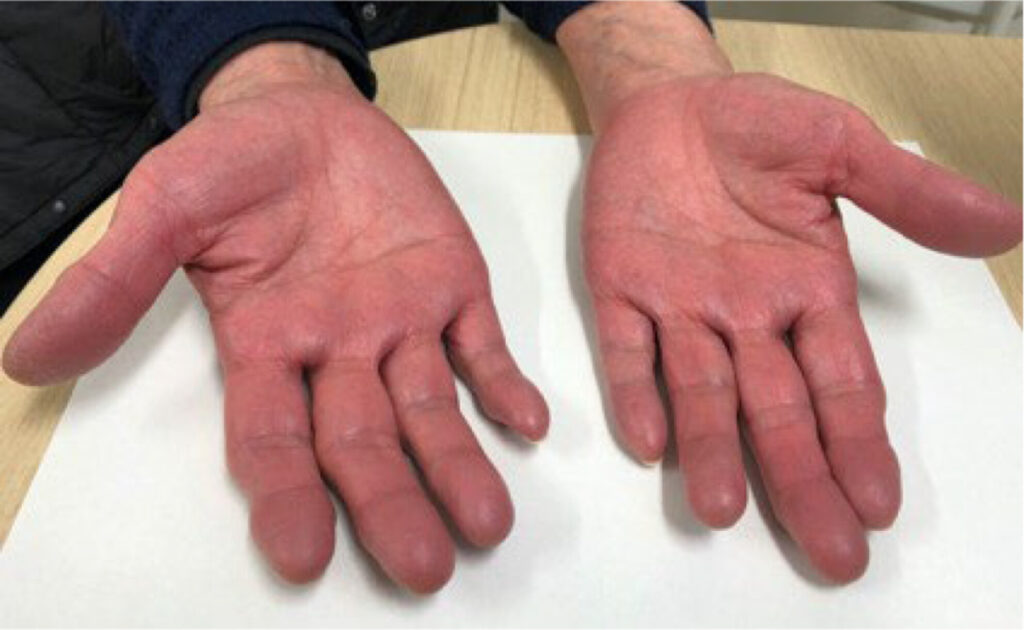
Don’t Miss: Performance Enhancing Drugs: Types, Effects & Risks!
Navigating TRT: Tips and Considerations
Consultation with Healthcare Providers
A healthcare provider conducts a thorough evaluation, including blood tests, to determine the appropriateness of Testosterone Replacement Therapy. Open communication regarding potential risks and benefits helps individuals make informed decisions.
Individualized Treatment Plans
TRT plans should be tailored to individual needs and health considerations. Dosage adjustments and periodic assessments are part of a comprehensive TRT plan.
Regular Monitoring
Regular blood tests monitor hormone levels, blood counts, and other relevant parameters. Proactive monitoring allows for the timely identification of any issues or necessary adjustments.
Lifestyle Factors
Adopting a healthy lifestyle, including regular exercise, a balanced diet, and stress management, complements the benefits of TRT.
Combination Therapies
In some cases, combining Testosterone Replacement Therapy with other interventions may be beneficial.
Conclusion
Testosterone Replacement Therapy can significantly improve the quality of life for individuals with clinically diagnosed low testosterone levels. While the benefits are well-documented, it’s crucial to approach TRT with careful consideration of potential risks and under the guidance of experienced healthcare providers. Open communication, regular monitoring, and an individualized approach contribute to a successful Testosterone Replacement Therapy experience, enhancing overall well-being and addressing the symptoms associated with low testosterone. As with any medical intervention, the decision to undergo TRT should be made in consultation with healthcare professionals to ensure a safe and effective treatment plan. Hopefully, you found this article helpful enough. If you really did then let us know your valuable thoughts in the comment section without any hesitation. Thanks for visiting and appreciating our work.
